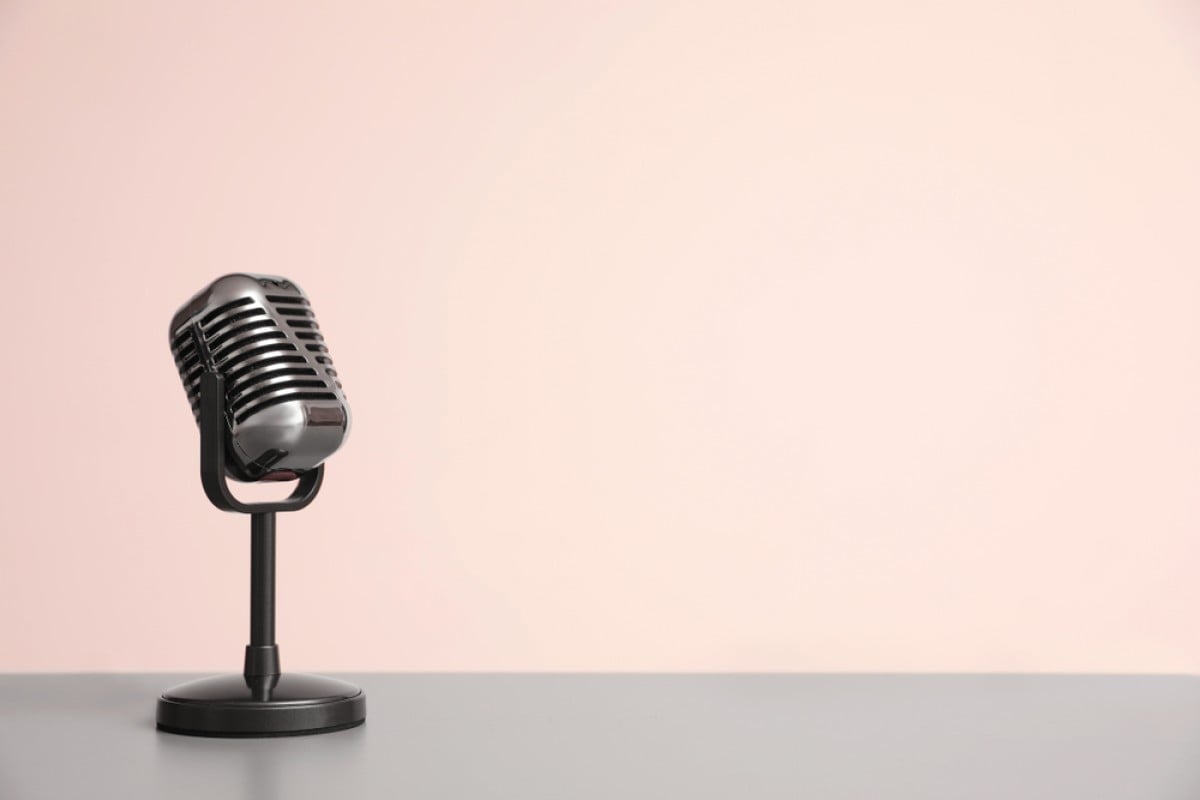
How to interview someone as a journalist
- Your job as a reporter is to elicit interesting, relevant and accurate information
- Follow these tips from a seasoned reporter on how maximise your time with your interviewee
 The art of interviewing is a skill every journalist needs.
The art of interviewing is a skill every journalist needs.To be a good reporter, you will need to master the skill of conducting an interesting and thorough interview. Interviews are unique and fluid; there are no hard rules that work for every situation. Your job as a journalist is to make the interviewee (whether they are a media-savvy celebrity or a subject expert who isn’t used to giving interviews) feel comfortable enough that they give you accurate, compelling and even exclusive information.
To get you started, here are a few useful tips to consider before you head out to conduct your next big interview.
Maximise the setting
As interviewer, you will often have the power to set the confines and agenda of the interview. Make sure you maximise every aspect such as choosing a comfortable location. If the interview is on the phone or the interviewee is limited to certain time constraints, do what you can to make it run smoothly on your terms. This means ensuring strong Internet connections, good volume, and even backup plans. ‘Be water,’ as martial arts legend Bruce Lee famously said.
Brief them clearly
There is nothing interviewees hate more than feeling uncomfortable or unprepared. Give them an idea of what to expect in the upcoming chat. You do not have to reveal the questions (unless their Public Relations rep demands it, in which case it is your decision on whether to go ahead with a partially controlled interview or not) but give them an idea of the topics to expect and how long the interview will last.
During the interview, remember to inform them when you will begin the interview, when you will start recording (if you choose to do so), and outline the structure of the interview. Then before you start, tell them they have the right to flag any questions or speak off the record if they do not feel comfortable with any of them.
Be prepared and research the facts
How embarrassing would it be to get their age wrong, or cite an incorrect statistic in front of the person you are planning to write about? It is not a good look on you, nor the media outlet you are representing, so make sure you do some background reading. Like doing research for any story, try to know more about the interviewee than they know about themselves. Prepare a detailed list of questions you want to ask, and put them in a logical order.
Compliment their rhythm
Everyone has different ways of expressing their emotions - just like every friend or classmate. Try to slightly imitate or compliment the interviewee's sentence flow and intonations to make them feel comfortable. If you show genuine engagement in what they are talking about, they will likely reveal more information, be it an intentional clarification or a simple mistake. All of this information can be of later use in story-writing.
Structure with smarts
You should think of an interview as a flowing journey with necessary milestones or checkpoints. You will want to touch upon every relevant topic along the way, but you should not cram them in just one part of the talk. A common structure is to start and finish with easier questions - for example, how it feels to have won this award or what their cultural upbringing was like - and sprinkling in some tougher or more sensitive questions in the middle. The more they get into the flow, the more likely they will share juicy information.
One more thing
After the planned part of your interview, don’t forget to ask if you have left something out or if they have anything to add. This gives them an opportunity to think outside of your original interview box. Sure, they may say a simple "No, thanks though" or "Yes, I'd like to thank my sponsors", but you never know - they may have a bone to pick or an agenda to push. Regardless, keep your ears open until the conversation is completely over.
How to report on school events: Dos and don’ts
Mind your P's and Q's
Perhaps most importantly for your long-term relationship with the interviewee, show a bit of politeness. Thank them for their time - after all, it was you who asked them to take 15-30 minutes out of their life just for you. Let them know you are interested in their future updates and that you would like to keep in touch if possible. Get their social media handles and cultivate a network of contacts on a work Instagram or Twitter account.
Practice makes perfect
Last but not least, just keep your interviewing routine going. You will get better and better with each try. The more you listen to yourself in real-time or in the audio transcription process, the more you pick up on bad habits, poor questions, or ways to tighten up your flow. You can even try comparing yourself to your favourite interviewers or talk show hosts for maximum improvement. Remember: nobody in this world will conduct an interview the same way you do, so embrace your style.
